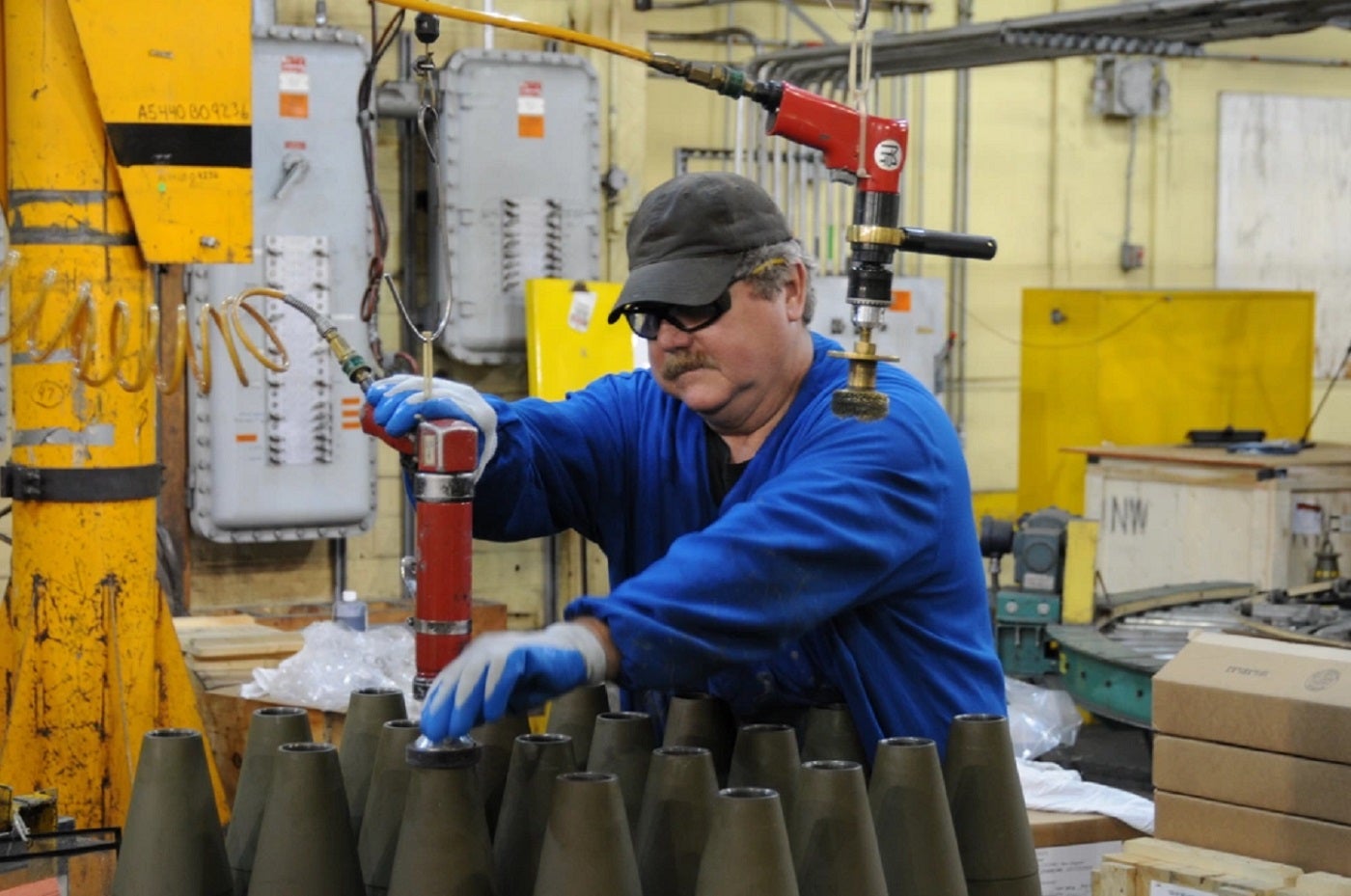
Together, the US and the EU offer different forms of support to Ukraine as they struggle to suppress the Russian threat on the eastern front.
While the US offer an overwhelming abundance of military equipment, the EU also makes donations and implements policies that are intended to achieve lasting politico-economic support for Ukraine.
This contrast was demonstrated today, on 9 May 2023 when the Biden administration bestowed further military aid to Ukraine and when the President of the EU Commission Ursula von der Leyen spoke at a press conference promising to put a stop to Russia’s circumvention of trade embargoes.
America’s latest security care package of artillery, munitions and air-defence systems – valued up to $1.2bn – will help to prepare the Ukrainian military’s defensive posture as well as its counter-offensive, which is widely believed to be imminent.
This package could be construed as a response to recent reports of a Russian swarm drone strike against Kyiv in the veneing of 8 May, according to the city’s mayor.
Meanwhile, von der Leyen issued a statement concerning Russia’s circumvention of trade embargoes, in a joint press conference with the President of Ukraine Volodomyr Zelensky. Von der Leyen assured Zelensky that the EU will add more products to its transit ban – including “advanced tech products or aircraft parts that are going to third countries via Russia.”
This combination of brains and brawn appears to be an all-encompassing strategy of support for Ukraine. It concerns sustaining Ukraine militarily – which is always presently critical – and it limits Russia’s resources as it attempts to orchestrate an effective assault against Ukraine.
Problem of sustaining Ukraine
However, both avenues have their limitations and both fail to adequately sustain Ukraine. Whether or not we are convinced by the urgency of the leaked Pentagon documents that stress the imminent depletion of Ukraine’s air-defence munitions, it is a fact that America’s military sustainment will help to support Ukraine’s military efforts. But it is difficult to argue that the US can completely offset Ukraine’s consumption of resources.
In a similar light, von der Leyen’s political and economic support for Ukraine in responding to Russian circumvention comes across as less effectual than it first appears; especially considering “this tool will be a last resort and it will be used cautiously,” according to von der Leyen.
The US and the EU have fallen into a circle of responding to events, albeit the EU attempts to secure long-term security with little success. Sustainment is the order of the day, and it is difficult to estimate how certain allied support will help Ukraine outlast Russia in this war of attrition.







